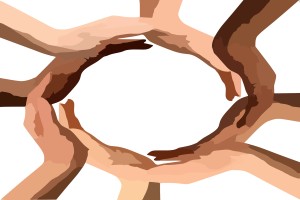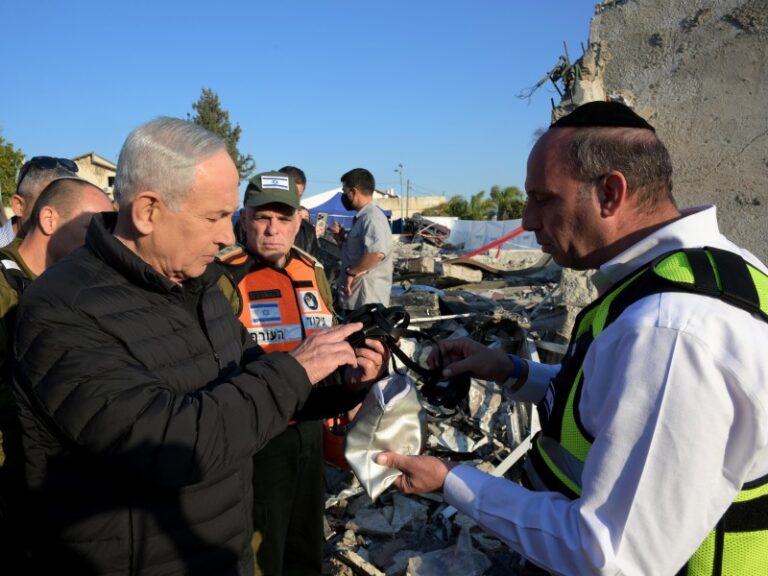
Geneva: Law enforcement officials must be held accountable for crimes against people of African descent and alternative approaches to policing should be applied, Michelle Bachelet, United Nations High Commissioner for Human Rights, told the Human Rights Council here today.
The murder of 46-year-old black man George Floyd in the USA on May 25, 2020 was a tipping point, which had shifted the world’s attention to the human rights violations routinely endured by Africans and people of African descent. Floyd, had died after he was arrested and killed by police outside a shop in Minneapolis, Minnesota. A white police officer, Derek Chauvin, was charged with murder as he kneeled on Floyd’s neck while the latter was pinned to the floor, repeatedly complaining that he could not breathe as he was restrained by the officers.
In an interactive dialogue with the Human Rights Council on systemic racism and violations of international human rights law against Africans and people of African descent by law enforcement agencies, especially those incidents that resulted in the death of George Floyd and other Africans and people of African descent, Bachelet said that data in her report showed that children of African descent were often subjected to racial discrimination in schools.
The UN Human Rights had received information about at least 190 deaths of people of African descent by law enforcement officials, 98 per cent of which were in Europe, Latin America and North America where systemic racism was heightened by intersectionality, with women of African descent forced to endure multiple forms of discrimination.
Bachelet presented recommendations for four interconnected pillars of action: States should acknowledge the systemic nature of racism, in every part of life; law enforcement officials must be held accountable for crimes against people of African descent and alternative approaches to policing should be applied; States should uphold the rights to freedom of expression and peaceful assembly and ensure the effective participation of people of African descent; and States should create and fully fund comprehensive processes to share the truth about what was done, and the harms it continued to inflict. In closing, The High Commissioner called on States to translate this agenda into action plans and concrete measures through national dialogues.
In the discussion, speakers called on the Council to put in place an international independent expert mechanism that could focus more clearly on the problem of systemic racism within law enforcement and the criminal justice system, and make recommendations to law enforcement agencies globally.
Speakers concurred that systematic racism required systematic responses and countries had to reform law enforcement forces and the judiciary as well as to change their legislation and policies. This required the political will and multilateral cooperation of States. The dramatic increase of hate crimes against Asians in North America and Europe was concerning as was the rise of Islamophobia. The Durban Declaration and Programme of Action remained a reference document for the fight against racism, racial discrimination, xenophobia and related intolerance. Women of African descent faced multiple forms of discrimination: they were more likely to be underemployed, had less access to family planning, and were more vulnerable to gender-based violence, including rape, child marriage, sexual exploitation, and trafficking.
Some speakers said that the murder of George Floyd was testimony to the existence of supremist prejudice which existed in Western countries. Other speakers noted the lack of critical mass of information in the reports of the Office of the High Commissioner when it came to problems in the Western countries.
Speaking were Cameroon on behalf of the Group of African States, Denmark on behalf of a group of countries, Pakistan on behalf of the Organization of Islamic Cooperation, Egypt on behalf of the Group of Arab States, Bahrain on behalf of the Gulf Cooperation Council, European Union, China on behalf of a group of countries, Bahamas on behalf of the Caribbean Community, Germany, Canada, State of Palestine, Australia, Portugal, Luxembourg, Bangladesh, United Nations Children’s Fund, Ecuador, France, Indonesia, Senegal, Costa Rica, Brazil, Togo, Syria, Cuba, Democratic People’s Republic of Korea, Iraq, China, Mexico, Morocco, Algeria, United Nations Population Fund, Venezuela, United States, Egypt, Kenya, Saudi Arabia, Botswana, Namibia, South Africa, Austria, Azerbaijan, Belarus, Belgium, Nigeria, United Kingdom, Mauritania, UN Women, Niger, Russian Federation, Viet Nam, Philippines, Djibouti, Marshall Islands, Tunisia, India, Colombia, Organization of American States, and Iran.
The following civil society organizations also took the floor: Office of the Human Rights Defender of Armenia, Conectas Direitos Humanos, International Association of Democratic Lawyers, American Civil Liberties Union, International Service for Human Rights, Human Rights Watch, Associacao Brasileira de Gays, Lesbicas e Transgeneros, International Harm Reduction Association, Sikh Human Rights Group, and Rencontre Africaine pour la defense des droits de l’homme.
– global bihari bureau





